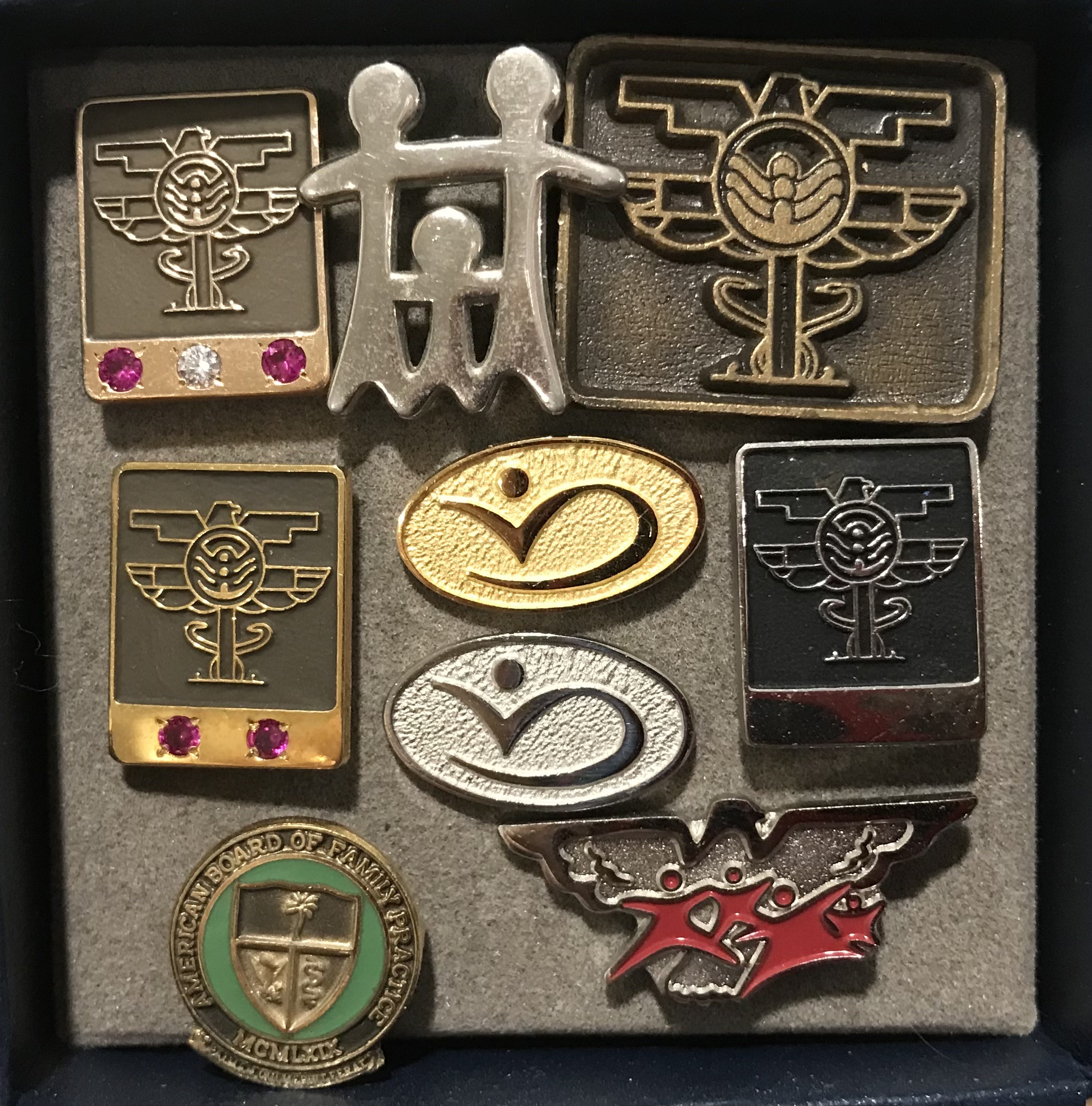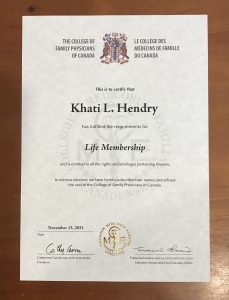
No one in my family was in a medical field. We moved a lot, and were pretty healthy, so didn’t have a consistent family doctor. Anyway, they were all men in white coats and a life in medicine never occurred to me.
All efforts to improve health are based on helping the body to heal itself, be it through emotional support, listening, suggestions for nutrition or activity, medications or surgeries, self-care or connection to a healthy environment.
This changed when I was twenty, out of school, and needed some medical care, and I discovered the Berkeley Free Clinic. Maybe it was inefficient, but it was dedicated to caring without judgment or barriers. I started volunteering. I was sure that community health was the future, and something tangible everyone needed. I could be part of that.
Fast forward montage of pre-med, working at the Berkeley Women’s Health Collective, Somerville Women’s Health Project, United Farm Worker’s Clinic, diving into medical school in San Francisco, applying for residency programs. The only choice that made sense to me was family medicine. I wanted to be on the front line, part of a community, the first person to turn to when a health care issue arose, the one to demystify medicine, all while advocating for societal change.
Family Medicine was a relatively new specialty in 1977. It used to be that students would finish medical school, do a year of internship, and then do “general practice”—which could be everything from cradle to grave, home to hospital. Or they could do several more years of training in a specialty, which in western medicine grew from being the exception to the norm. And yet the health of a population is mostly determined by socio-economic status, public health measures like clean water and immunization, and access to primary care, so there was a disconnect. People need longitudinal, relationship-based, accessible, and general primary care, and Family Medicine became a specialty in its own right, complete with residency training and board exams.
In an academic, tertiary, acute hospital milieu, family medicine can be like the Rodney Dangerfield of specialties. Promising students are guided towards more prestigious areas, and family physicians can be denigrated as jack-of-all-trades, master of none. However, I have never regretted my choice, and over time have been humbled by the skills required to do it well. As patients returned to me after seeing the other specialists, I learned to recognize what had been missed with their expertise, and how to fill in the gaps.
For many years, I worked with community health centers in Oakland, California, and later in a small town in British Columbia, in many roles. Whether seeing patients, doing administration, teaching, serving on committees, being part of health advocacy groups, working in the US or Canadian system, or enjoying retirement, I have remained a family medicine enthusiast.
A few things I have learned. Health is both complicated and complex, with mind and body inextricably united. Analog, not digital. No one knows it all. All efforts to improve health are based on helping the body to heal itself, be it through emotional support, listening, suggestions for nutrition or activity, medications or surgeries, self-care or connection to a healthy environment. Western medicine has powerful remedies based in science; I can share that knowledge and guide people through health mazes, explaining the journey throughout. A friend from medical school put it well when he said, “I like to think people leave the office feeling better than when they came in.” And when you have known someone for many years, there is much that doesn’t have to be explained, and the conversation moves more quickly to the heart.
As you might imagine, I have struggled to find a balance between quantity and quality, to work with a team, to deal with the constant time pressure, and to recognize how to “do no harm”. The best antidote to burnout has always been to find satisfaction in a job well done helping people, because that is the whole point.




Thank you Khati for sharing your medical journey and your philosophy.
From this and many of your previous stories, your dedication to what can be the noblest of professions is admirably apparent! Bless you!
Thanks for listening.
Khati, you have taken us on many journeys, but this is, perhaps, your most important, for it is your life’s work and is at your core. You would not be swayed to go into any speciality, but remained committed to the whole patient. Based on what you have revealed in your stories, I am sure your patients are the better for being treated with the care and compassion that you offer.
I hope that is the case. Although I am an introvert, I have come to understand the importance of relationship more every year. Not just in medicine, but in our human condition, and ultimate survival. May we all have luck and live in positive community with each other.
I join Dana in thanking you, on behalf of us patients, for sharing your great knowledge and experience from the doctor side of the equation. We are so fortunate to have dedicated practitioners like you, despite all the difficulties and frustrations you must deal with. You don’t happen to make house calls in Massachusetts, do you?
Ha ha. My “best by” date has been surpassed. The only “house calls” now are visits to friends—hope to be in Massachusetts next spring for 50th reunion.
Wish I could have been part of your practice, Khati. I agree that communication, actually knowing your patients, and resolving to “do no harm” are the keys to good medical practice. Thank you for all of the help you have given to your patients over the years.
You’d think those simple ideas would be obvious, but it is really easy to get distracted and lose the forest for the trees. Recently I have been associated with a long term care project that really brings home the importance of what matters most for quality of life. Hippocrates was no dummy.
I echo all the comments and add my admiration for your philosophy and all you have done for your patients, Khati. I remember the Berkeley Free Clinic well and all the good that it did.
Community health centres are amazing and often overlooked. There is a long history there, and a nice counterpoint to other parts of the health industry.
Khati, it’s great to get a story from the doctor’s point of view. Thank you for sharing your path to and through a medical career. How interesting that there were no doctors in your family, and that all of us doctors’ kids here on Retro have taken another path. I’m sure you were a great family doctor, much like my father.
That is an interesting observation. I thought it was such an original idea, but was surprised to find that pre-med was a very popular choice back in the day. I’m glad some people are still doing that, and the students still bring fresh altruism and dedication. The trick is not burning them out.